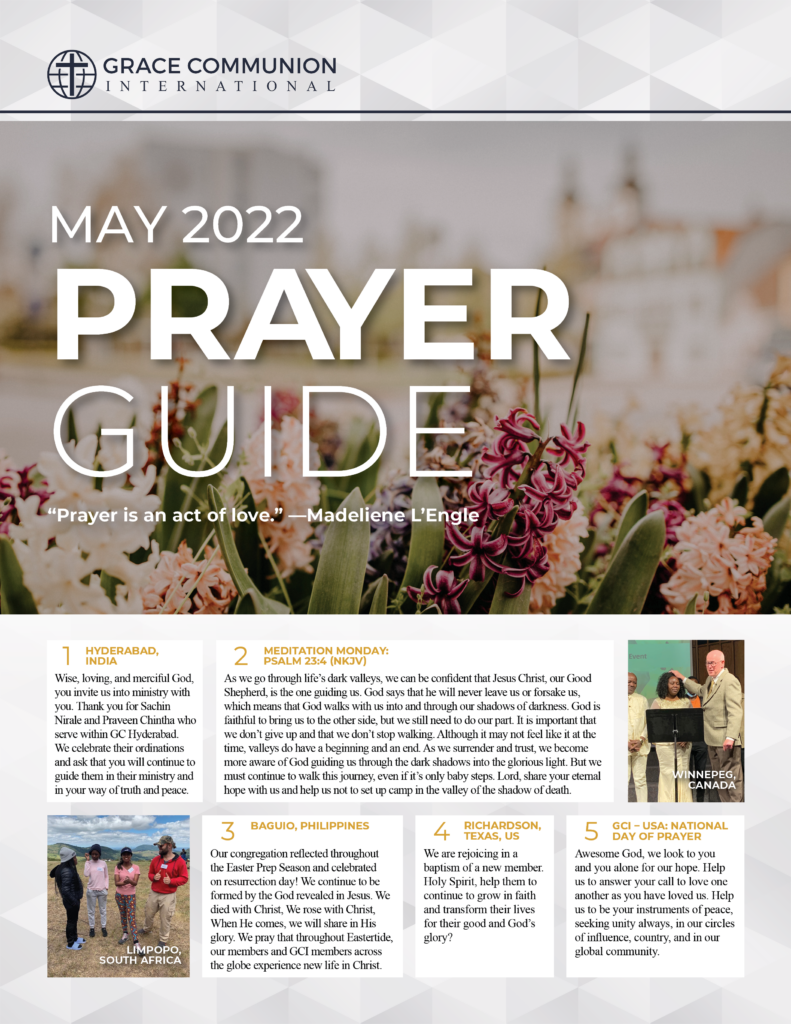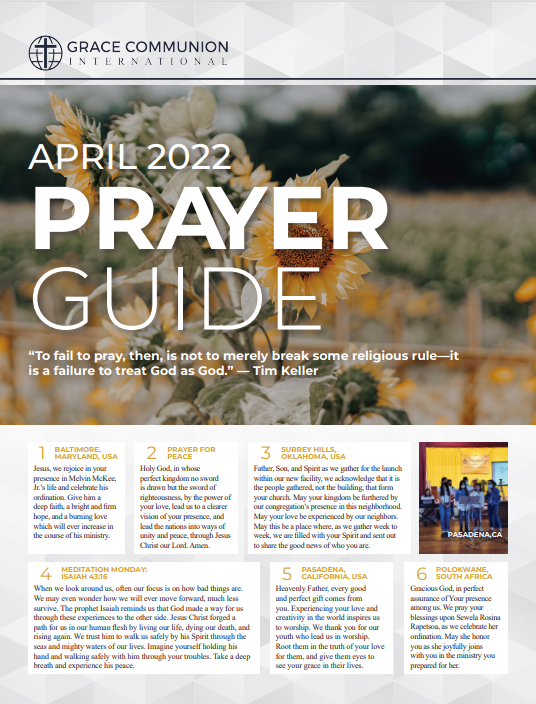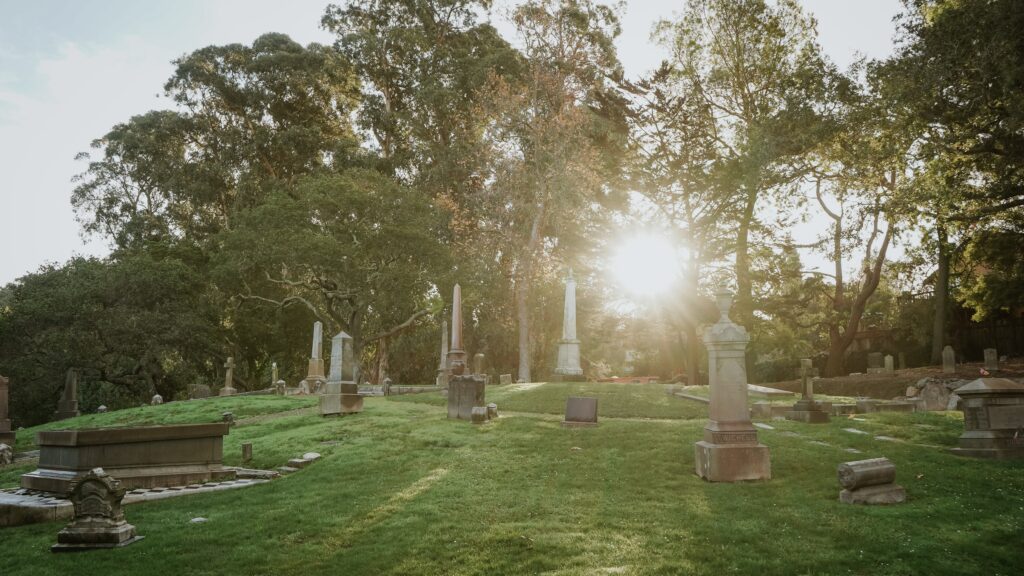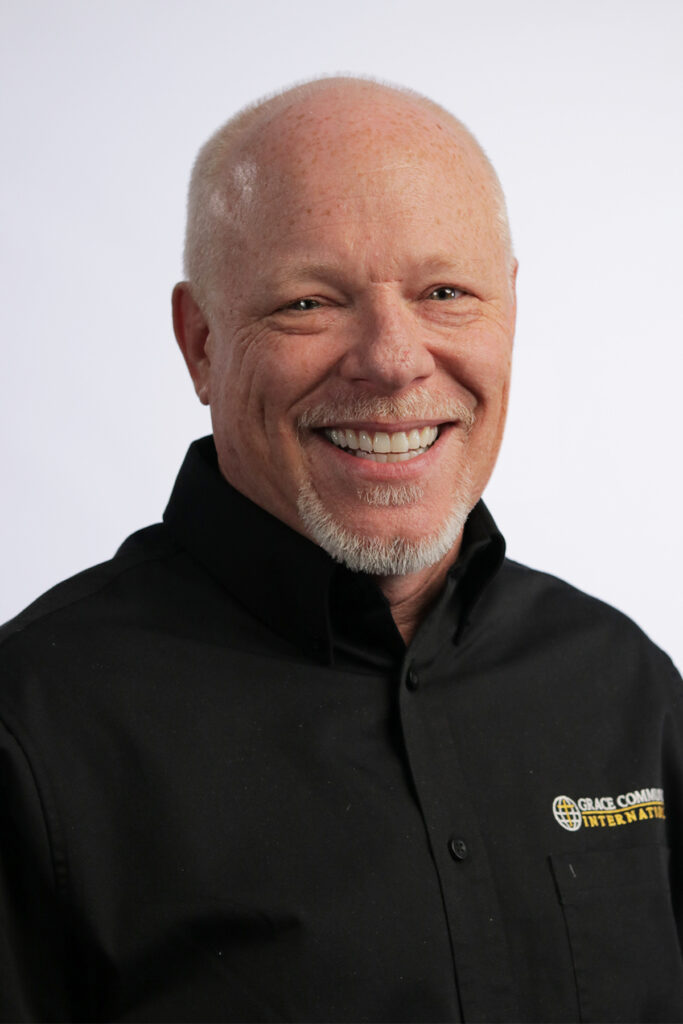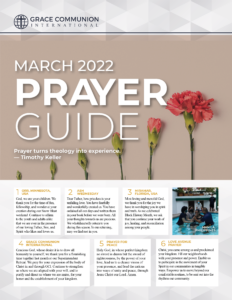Acts 1:8-11 NIV
8 “But you will receive power when the Holy Spirit comes on you; and you will be my witnesses in Jerusalem, and in all Judea and Samaria, and to the ends of the earth.”
9 After [Jesus] said this, he was taken up before their very eyes, and a cloud hid him from their sight.
10 They were looking intently up into the sky as he was going, when suddenly two men dressed in white stood beside them. 11 “Men of Galilee,” they said, “why do you stand here looking into the sky? This same Jesus, who has been taken from you into heaven, will come back in the same way you have seen him go into heaven.”
 For forty days after his resurrection, Jesus had been with his disciples. When it came time for Jesus to go to his Father and no longer be physically present with his disciples, he ascended bodily in a cloud into heaven as they watched.
For forty days after his resurrection, Jesus had been with his disciples. When it came time for Jesus to go to his Father and no longer be physically present with his disciples, he ascended bodily in a cloud into heaven as they watched.
So, why didn’t Jesus just disappear? He had appeared to them behind locked doors and then disappeared from their sight before. And, why the cloud?
In both the Old and New Testaments, a cloud is the symbol for God’s presence and God’s glory. In Isaiah 19:1 we are told that God rides on a cloud—it’s his “vehicle.” It is biblical imagery that helps our human minds picture and grasp things that are—on their own—beyond human comprehension.
The cloud imagery in Acts 1 tells us that Jesus is God. It also tells us that he is the Son of Man (the special heavenly human of Daniel 7:13). Acts 1 tells us that Jesus, who is bodily resurrected, bodily ascends to heaven thus opening a place in a side of the created world that otherwise would be bodily inaccessible to humans, a place in the life of God for humanity.
The apostles were eyewitnesses to this bodily ascension of Jesus. He was no longer in their physical presence but, through the Spirit, he would still be present with them. As Jesus assumed his kingship and high priestly role in heaven, his prophetic role would continue through the Spirit in the lives of his disciples, the Church. They were to go into all the world, preach the gospel, seek and save the lost, make disciples and in so doing participate in the ongoing ministry of Jesus on the earth.
At God’s appointed time, Jesus will return bodily in the same manner in which he left. He will come again in a cloud and every eye will see him. But, until that day, his ministry continues on the earth through the Spirit in the work of the Church. There is much left to do.
Therefore, we should not stand around gazing up to heaven wondering “how can I figure out when Jesus is coming again?” We have work to do. Just as the apostles did, we continue to participate in the ongoing ministry of Jesus Christ.
Be assured, Jesus will come again, and he will park his cloud on the Mount of Olives and all creation will rejoice. Until that day, let each of us actively continue to participate in the ongoing ministry of Jesus. Let us seek and save the lost and make disciples by living and sharing the gospel.
Prayer: Father, thank you for sending Jesus. We very much look forward to the day when you will send him to us again. Jesus, thank you for coming and for sending us the Spirit. Spirit, thank you for coming and making Jesus present to us. Bless us as we continue to be about the Father’s business and participate actively in the ongoing ministry and mission of Jesus until he comes again. In Christ’s name, Amen.
By Dan Rogers
Pastor, GC Las Vegas, Nevada and Regional Support Team – West, U.S.



